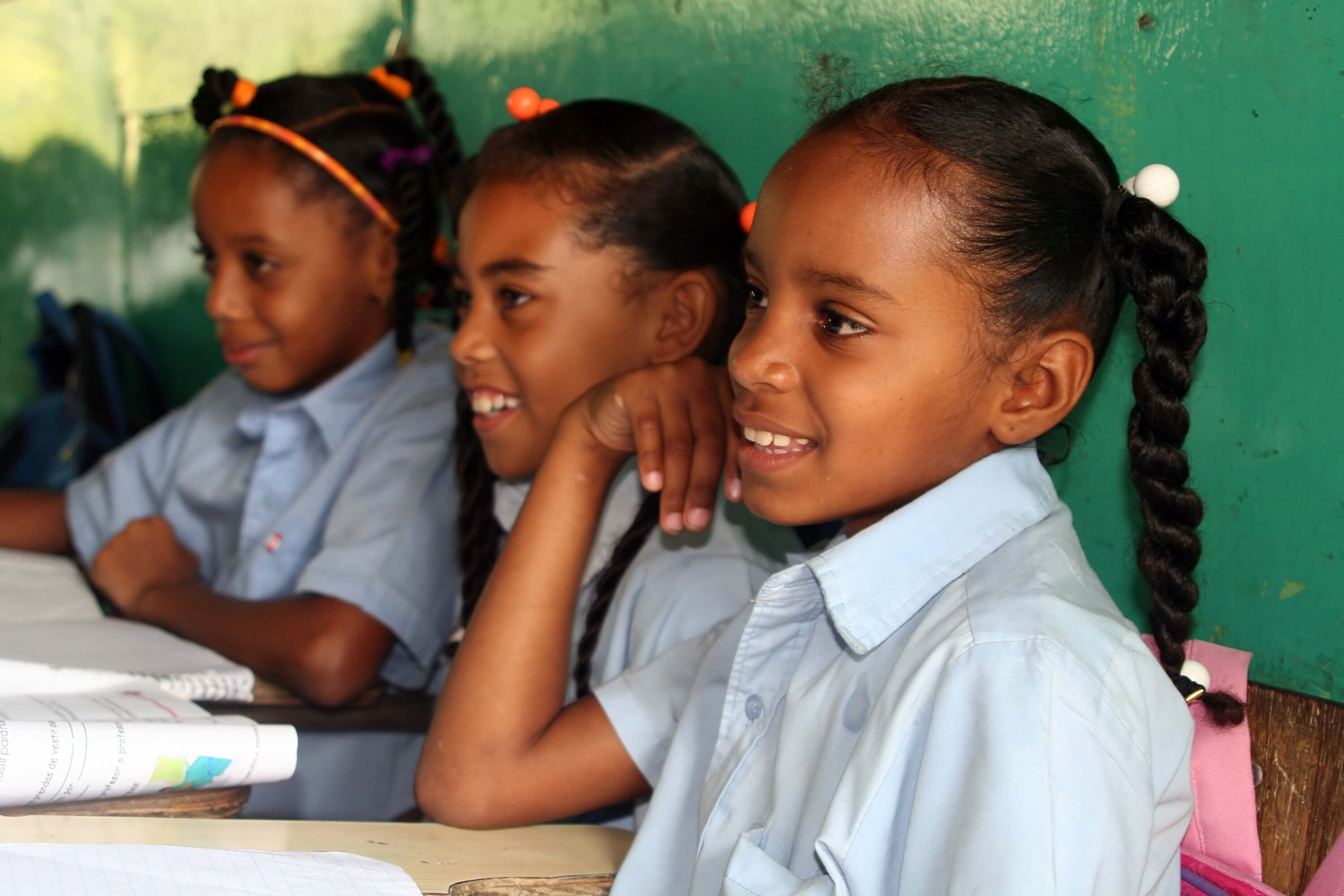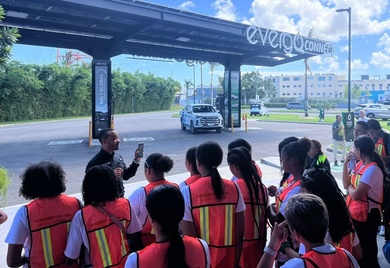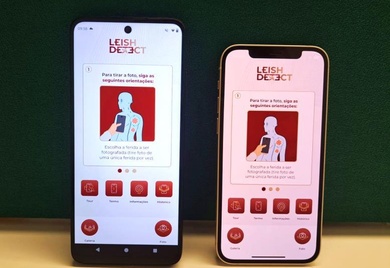How Can Sustainability Teams Co-Create Shared Value with Indigenous Peoples?
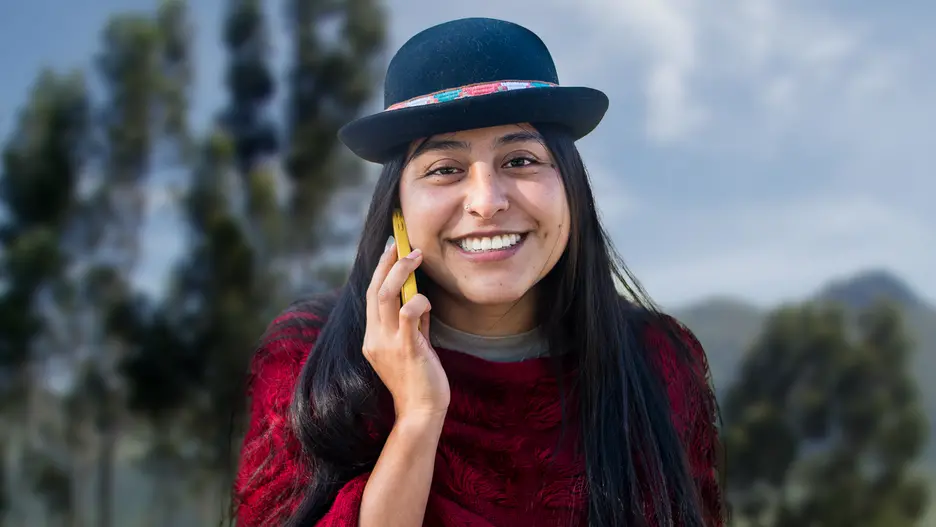
In recent years, sustainability has become an integral aspect of business strategies worldwide. As companies strive to differentiate their businesses models from their competitors and recognize the urgent need to address environmental and social challenges, many have established dedicated sustainability teams.
Sustainability teams are key to anticipate and mitigate societal risks, but also develop strategies that allow a company to innovate by attending diverse populations. One such opportunity is the ability to engage and generate value for indigenous peoples that live in the area of influence of a company or are part of their wider urban or rural customer base.
In Latin America and the Caribbean, it’s crucial that these specialists recognize the importance of integrating the vision of indigenous people in private sector activities.
In order to achieve truly impactful sustainable development that respects indigenous identity, sustainability specialists must engage and co-create productive initiatives with communities. To do so, the private sector has access to old and new tools that facilitate co-creation and collaboration and may ensure that succesful initiatives respect indigenous identity while creating shared value for all involved.
The total indigenous population is estimated at around 53.41 million, accounting for 9.8% of LAC’s population They have unique cultural, social, and environmental perspectives that are invaluable in shaping sustainable development efforts. Their traditional knowledge and deep connection to the land offer valuable insights into sustainable practices and resource management. Beyond that, as the private sector prioritizes diversity in their consumer base, their business model must necessarily reflect the values and priorities of their indigenous clients.
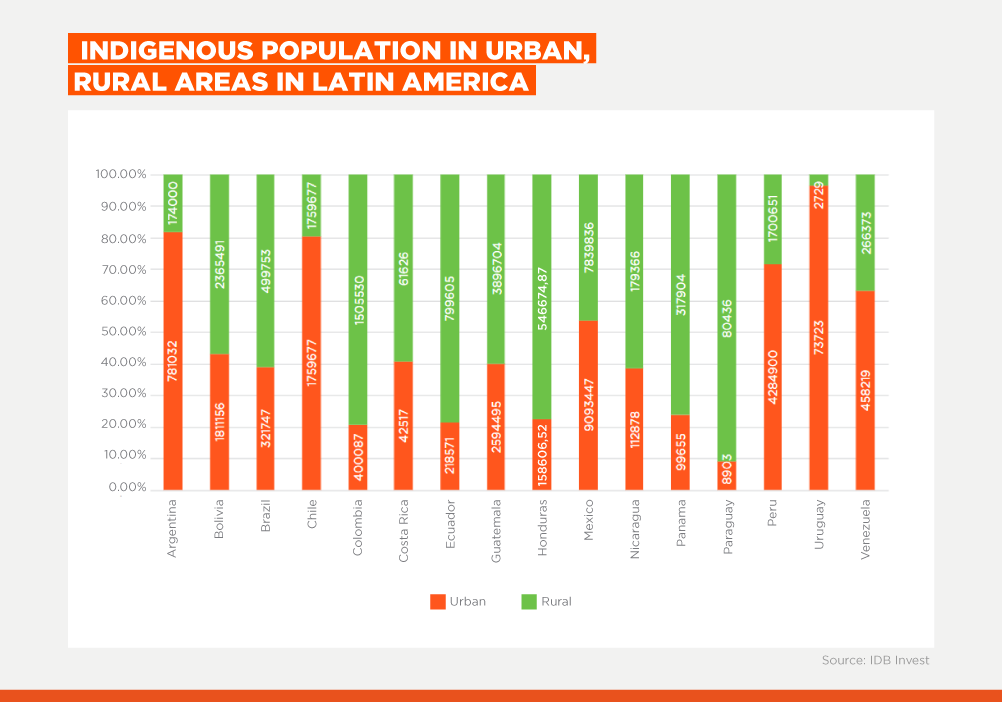
Moreover, indigenous communities often face disproportionate impacts from development projects, making it crucial to involve them in decision-making processes to address their concerns and safeguard their rights, but also to open the door to new opportunities for innovation.
Co-creation presents a pathway to innovation and effective implementation. The term refers to a collaborative process where stakeholders, including indigenous communities, actively participate in shaping business initiatives. By involving indigenous peoples from the outset, sustainability teams can learn about their priorities and co-design strategies that align with their cultural values and aspirations.
This collaborative approach not only enhances the legitimacy and cultural appropriateness of business operations but also builds trust and fosters long-term partnerships.
To effectively engage with indigenous communities, sustainability teams should employ strategies, principles and tools that facilitate meaningful dialogue and co-creation. These tools can include:
a. Participatory Mapping: Participatory mapping techniques which range from manual documentation, to using Geographic Information Systems (GIS), enable indigenous communities to document and share their knowledge of the land, resources, and cultural sites. This allows sustainability teams to better understand the community's priorities and integrate them into project and product design.
b. Participatory business plans: are essential to assess the economic feasibility of business initiatives and lay the foundation for their implementation. One of the simplest and most didactic methods to create and co-develop business plans with communities is the Canvas model. This approach involves nine phases: identifying the target customers and the product or service's objectives and features; determining the unique selling point compared to competitors; considering distribution channels, revenue streams, and estimated profits; identifying key resources and customer relations; outlining crucial activities and key partners required for business operations; and analysing cost structures. The necessary information for crafting business plans should be gathered through participatory workshops that include representatives from all sectors of the community or community organizations involved in the business opportunity.
c. Free, Prior, and Informed Consent (FPIC): FPIC is a critical principle that ensures the rights of indigenous peoples are respected and upheld. Tools that support the FPIC process, such as online platforms and decision-support systems, enable transparent and inclusive consultation, allowing indigenous communities to provide their consent or dissent based on a comprehensive understanding of the initiative's potential impacts.
d. Identification of local markets: Sustainability teams must recognize the potential for diversifying their value chains by creating business opportunities for indigenous suppliers. This approach offers multiple business opportunities, from generating productive alternatives to building economies based on sustainable sourcing. Identifying and analysing local value chains can lead to economically, culturally, and socially sustainable development, respecting the unique characteristics of indigenous peoples. A company can map the different types of value chains, such as community-based, intra-community, associative, and partnerships with companies, to be integrated as part of their value chain.
By incorporating indigenous perspectives into sustainability strategies, companies can create shared value that benefits both the business and the indigenous communities. Co-created projects have the potential to generate economic opportunities, preserve cultural heritage, and enhance social well-being. This not only strengthens the social license to operate but also fosters sustainable, long-term relationships that go beyond mere compliance with regulations.
While the co-creation process is essential, it requires sustained effort and commitment. Sustainability teams should be prepared to address power imbalances, language barriers, and cultural differences throughout the engagement process. Indigenous communities are not homogenous, and sustainability teams much engage different groups, including women, to ensure the final business model reflects their perspectives. They must also ensure that indigenous voices are included at all stages of decision-making, from project planning to monitoring and evaluation.
In the end, for sustainability teams striving for meaningful and lasting impact, effective engagement with indigenous peoples is not just an ethical imperative but also a strategic necessity. By employing tools that facilitate co-creation and collaboration, companies can develop sustainable initiatives that value indigenous identity, preserve cultural heritage, and generate shared value for all stakeholders involved.
Together, we can co-create a future where sustainable development truly embraces the principles of diversity, equity, and inclusion.
LIKE WHAT YOU JUST READ?
Subscribe to our mailing list to stay informed on the latest IDB Invest news, blog posts, upcoming events, and to learn more about specific areas of interest.
Subscribe